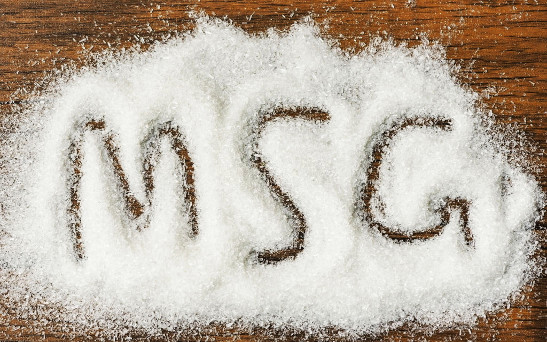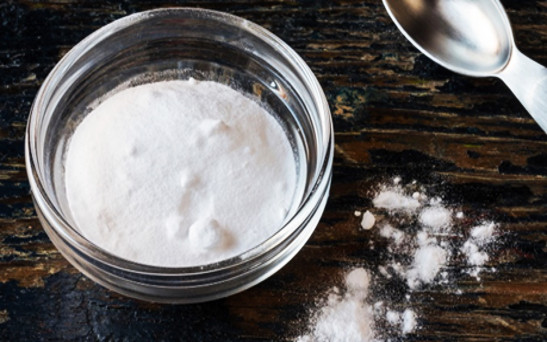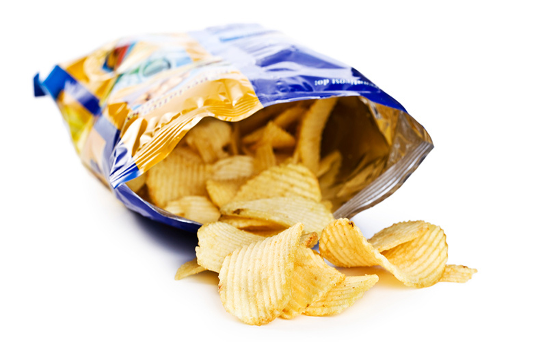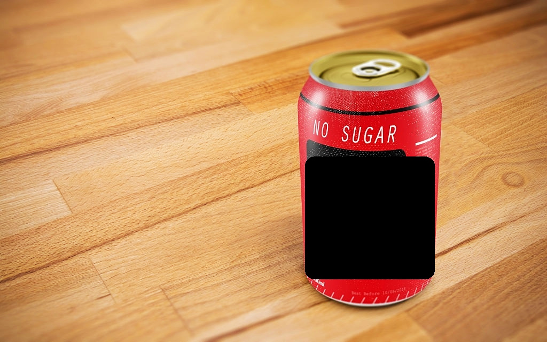7 Food Ingredients Worth Avoiding (And What to Choose Instead)
While no single food is "evil," some ingredients in processed foods may be best consumed in moderation. Here’s what the science says about 7 controversial additives—and how to make smarter choices without fear-mongering.
Sodium Nitrates/Nitrites

Found in: Processed meats (bacon, hot dogs, deli meats)
- Why be mindful?
- When heated with amino acids (in meat), they can form nitrosamines, compounds linked to increased colon cancer risk in observational studies.
- The WHO classifies processed meats as Group 1 carcinogens, noting a ~18% higher colorectal cancer risk with 50g/day intake (IARC, 2015).
- What to do:
- Opt for uncured meats labeled "no added nitrates" (though they may use celery powder, which contains natural nitrates).
- Pair processed meats with vitamin C-rich foods (bell peppers, citrus)—research suggests vitamin C may inhibit nitrosamine formation.
Monosodium Glutamate (MSG)

Found in: Processed snacks, canned soups, restaurant foods
- The science:
- MSG is FDA-approved, but some people report headaches or flushing ("Chinese Restaurant Syndrome"). Controlled studies show mixed results—likely a sensitivity, not universal harm.
- The glutamate in MSG is identical to that in tomatoes, cheese, and mushrooms. The issue? Highly processed foods often pair MSG with excess salt and low-nutrient ingredients.
- What to do:
- If sensitive, check labels for alternate names: hydrolyzed protein, yeast extract, glutamate.
- For flavor, try natural umami sources: mushrooms, aged cheeses, tomatoes, or nutritional yeast.
Sodium/Potassium Benzoate

Found in: Sodas, fruit juices, condiments.
- Why be mindful?
- When combined with vitamin C (ascorbic acid) and exposed to heat/light, benzoates may form benzene, a known carcinogen (FDA, 2006).
- Linked to thyroid disruption in rodent studies at very high doses.
- What to do:
- Choose drinks preserved with citric acid or rosemary extract instead.
- Store sodas away from heat/sunlight to minimize benzene risk.
Butylated Hydroxyanisole (BHA) & Butylated hydroxytoluene (BHT)

Found in: Cereals, chewing gum, processed potatoes
- The science:
- Classified as "reasonably anticipated to be human carcinogens" (NTP, 2021) based on animal studies.
- The EU restricts BHA in foods due to potential endocrine disruption (EFSA, 2012).
- What to do:
- Look for vitamin E (tocopherols) as a natural preservative alternative.
- Prioritize fresh or frozen foods over shelf-stable processed items.
Artificial Sweeteners

Found in: Diet sodas, sugar-free snacks
- The science:
- May alter gut microbiota in some studies (PMID: 28938797), but evidence is mixed.
- Linked to increased sugar cravings in some people by disrupting sweet-calorie associations (PMID: 26376619).
- What to do:
- If avoiding sugar, try stevia or monk fruit—they’re plant-based and don’t spike blood glucose.
- Remember: Whole foods > "diet" processed foods.
Azodicarbonamide

Found in: Commercial breads, packaged baked goods
- Why avoid it?
- When baked, it breaks down into urethane, a probable carcinogen (IARC, 1999).
- Banned in the EU and Australia but still FDA-approved.
- What to do:
- Choose sourdough or bakery-fresh bread without dough conditioners.
- Look for "flour, water, salt, yeast" on labels.
Refined Sugar

Found in: Sodas, candies, hidden in sauces
- Why avoid it?
- Excess sugar is linked to obesity, diabetes, and fatty liver disease (PMID: 31803589).
- Cancer cells consume glucose aggressively, but sugar doesn’t cause cancer—it’s about chronic excess (ACS, 2022).
- What to do:
- Satisfy sweet cravings with whole fruits (fiber slows sugar absorption).
- Read labels for hidden sugars (e.g., "evaporated cane juice," "brown rice syrup").
The Bottom Line
- You don’t need to fear food—but being label-aware helps. Small swaps can make a big difference:
- ✅ Choose whole, minimally processed foods when possible.
- ✅ Pair processed meats with vitamin C to mitigate nitrosamines.
- ✅ Cook at home more to control ingredients.
- Knowledge is power—not panic. Use this info to make informed choices, not restrictive ones!
Click me to browse our food ingredients and most ingredients can substitute The Top Seven Worst Food Ingredients. And should you have any questions, leave a message to info@deluxeing.com. We are just an email away and always happy to answer your questions.